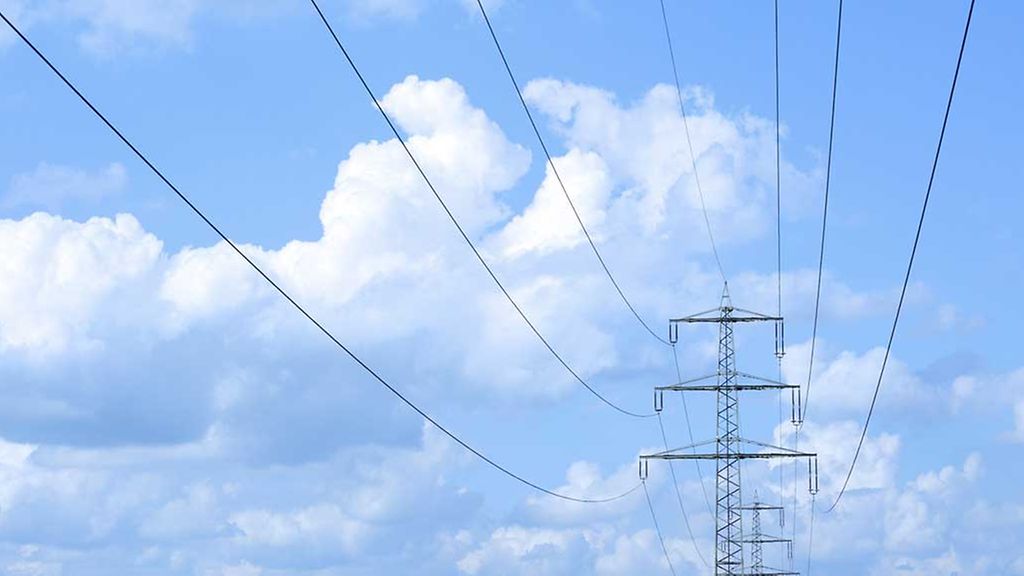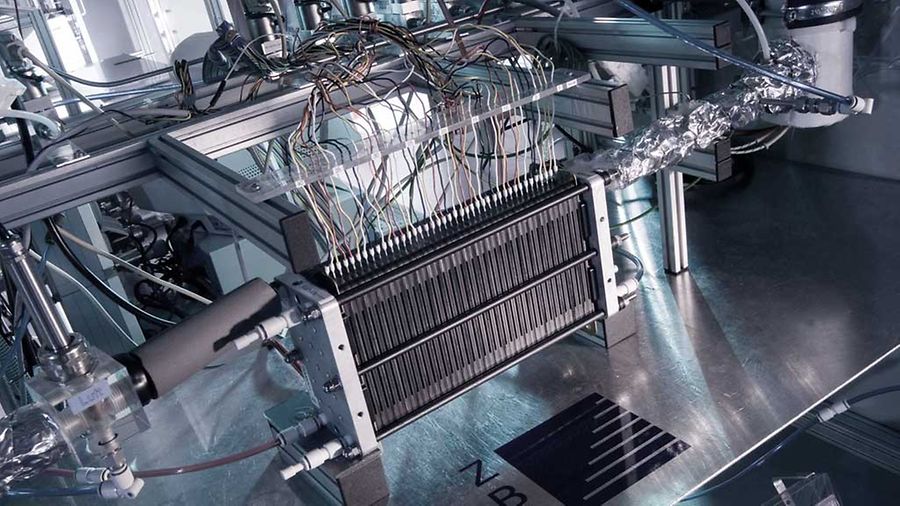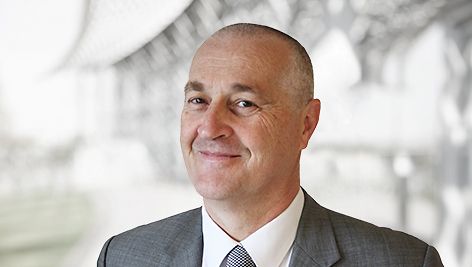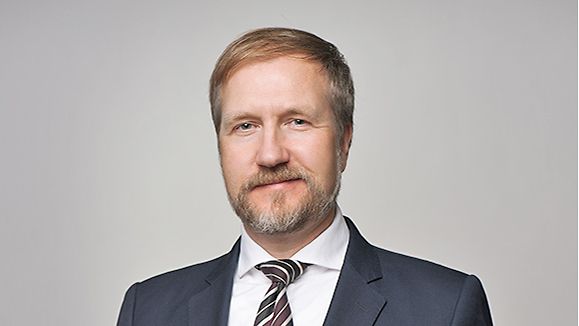Energy Infrastructure
Major investments in the expansion of the transmission and distribution networks in Germany's energy infrastructure are planned as a result of renewable energy integration and the growing consolidation of Europe’s energy markets.
New technologies in the energy grid sector - including, for example, superconductors, high-temperature lines and local power transformers – are being tested in pilot projects. ICT solutions provide important information for the safe operation of power grids. Alongside battery storage with solar systems, large-scale storage solutions are playing a growing role in the balancing energy market.
Hydrogen also plays an important role thanks to the linking of energy, heat and the mobility sector. Significant opportunities exist for digital technologies that support the integration of renewable energies into the grid to deliver innovative energy solutions.





